The Trauma Response Self-Care Team
Below, the following persons have contributed to the development of this website and its self-care instruments:
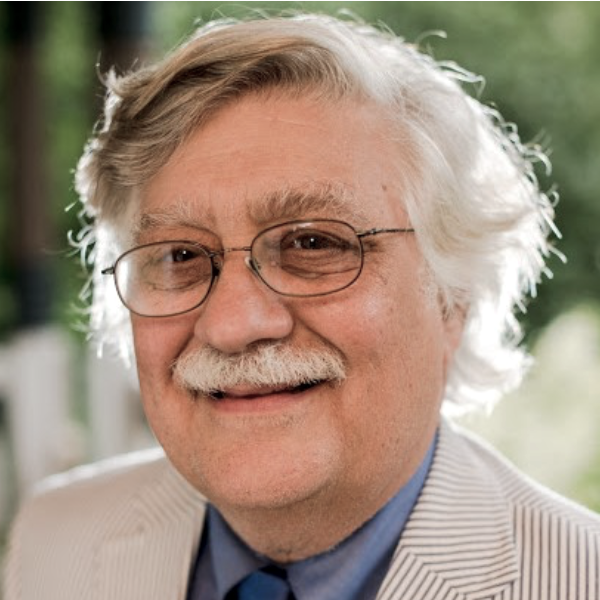
Richard F. Mollica, MD, MAR
is a Professor of Psychiatry at Harvard Medical School and Director of the Harvard Program in Refugee Trauma (HPRT) at Massachusetts General Hospital
Since 1981, Dr. Mollica and HPRT have pioneered the medical and mental health care of survivors of mass violence and torture in the U.S. and abroad. Under his direction, the HPRT conducts clinical, training, policy, and research activities for populations affected by mass violence around the world. He is currently active in clinical work, research, and the development of a Global Health curriculum, focusing on trauma and recovery. The Global Mental Health: Trauma and Recovery certificate program is the first of its kind in global mental health and post- conflict/disaster care. Dr. Mollica has published over 160 scientific manuscripts, published his first book called Healing Invisible Wounds: Paths to Hope and Recovery in a Violent World (2006), and his most recent published book is A Manifesto: Healing a Violent World (2018).
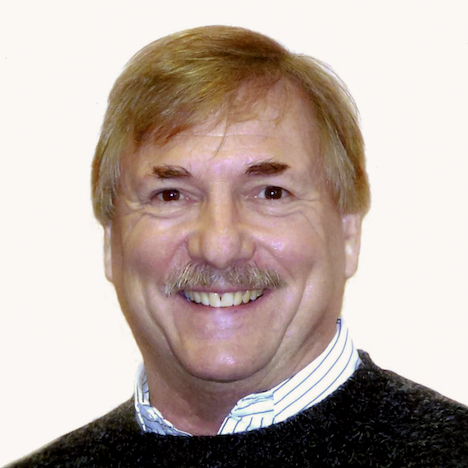
Eugene F. Augusterfer, LCSW
Deputy Director and Director of Telemedicine at the Harvard Program in Refugee Trauma and the Harvard Global Mental Health Program
As a senior faculty member of the Harvard Global Mental Health Team, he has focused on design and development of sustainable mental healthcare through the use of telemedicine.
He is a mental health subject matter expert at Vanderbilt University’s National Center for Emergency Preparedness, and he has been a guest lecturer at Georgetown University School of Public Health. He co-founded and co-led the World Bank Mental Health and Psychosocial Working Group. He has been a consultant/advisor to global senior executive leadership at the World Economic Forum, the United Nations Development Programme and with executives in the healthcare/mental health industry. In the field of telemedicine, he has served as the Chair of the American Telemedicine Association Mental Health Special Interest Group, and he served as a subject matter expert on the development and implementation of the U.S. Air Force telemedicine program. Additionally, he is a former U.S. Air Force Mental Health Officer.
Eugene has first-hand experience and knowledge in trauma-informed care in post-disaster settings, such as, Japan, Haiti, Italy, Hurricane Katrina, and the September 11th terrorist attacks. He had been directly involved in projects in post-conflict settings, including support medical doctors in Syria and refugees in Lebanon. He published the findings of his work in international peer-reviewed journals, such as, the International Review of Psychiatry, Academic Psychiatry, and Current Psychiatry Reports. He has presented papers at numerous national and international meetings and he has published two books focused on post-disaster mental health. He has also peer-reviewed for articles and books for a number of professional journals, including Oxford University Press, The Journal of Clinical Psychiatry, and the Telemedicine and e-Health Journal.

Lynn Black, MD, MPH
is on the clinical staff at Massachusetts General Hospital (MGH) in the Department of Medicine and on the faculty of Harvard Medical School
She is an Associate at the MGH Center for Global Health. She serves as the Chief Medical Officer for the Trauma and Critical Care Team of the National Disaster Medical System. Dr. Black’s clinical expertise is in internal medicine, emergency medicine, and public health. On the World Health Organization (WHO) Technical Working Group for Emergency Medical Team Training, she served as a domain expert for WHO on Palliative Care in Humanitarian Crises. While Chair of the Board of Directors for Last Mile Health in Liberia, she helped lead the organization’s Ebola response. In disaster response, her focus is on ethics and resilience.
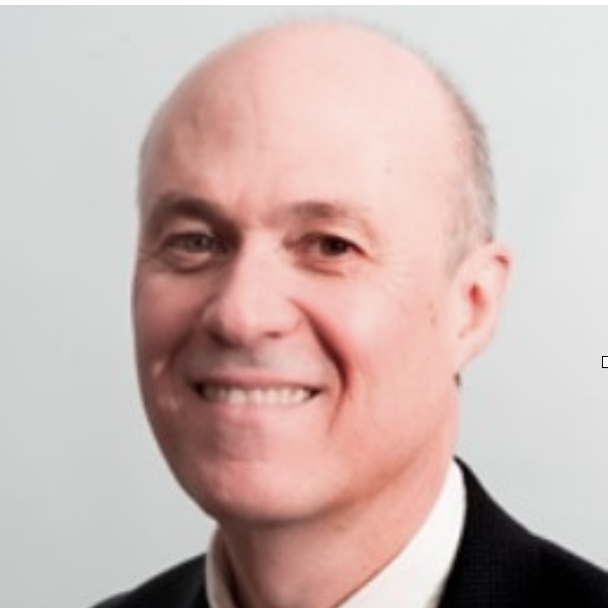
Gregory L. Fricchione, MD
is the Mind Body Medicine Professor of Psychiatry at Harvard Medical School and Director of the Benson Henry Institute for Mind Body Medicine at Massachusetts General Hospital (MGH)
He also serves as Associate Chief of Psychiatry, Director of the Chester M. Pierce MD Division of Global Psychiatry, Co-Director of the McCance Center for Brain Health and Senior Medical Advisor to the MGH/Red Sox Foundation Home Base Program for Service Members, Veterans and their Families at MGH. He is the author of over 185 articles and of several books including, Compassion and Healing in Medicine and Society: On the Nature and Uses of Attachment Solutions to Separation Challenges (2011) and The Science of Stress (2016). In 2017, Dr. Fricchione was honored with the Thomas and Eleanor Hackett Career Award of the Academy of Psychosomatic Medicine.
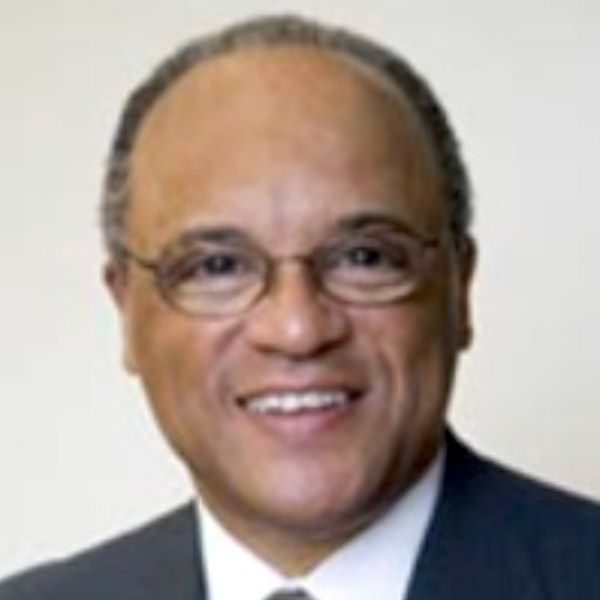
Reverend Dr. Frederick J. Streets, M.Div., MSW, DSW, DD
served as the Yale University Chaplain and Senior Pastor of the Church of Christ in Yale from 1992-2007, where he established a model of multi-faith campus ministry
A graduate of Ottawa University (Kansas), Yale University Divinity School and the Wurzweiler School of Social Work, Yeshiva University, he is the author of numerous publications in pastoral theology, spirituality and social work and recipient of many awards. He has over 40 years of distinguished congregational leadership and service to a variety of social service and human rights organizations and boards.
In 2008, Dr. Streets was a Senior Fulbright Scholar at the University of Pretoria in South Africa, where he taught in the Department of Practical Theology and explored the intersection of religious, social welfare and medical institutional outreach services to those infected and affected by HIV and AIDS. He returned to South Africa in 2010 and 2012 to assess the transition of the University of the Free State in Bloemfontein, South Africa in becoming a multicultural and ethnic institution since the fall of apartheid. He is a member of the Connecticut Academy of Arts and Sciences. He has served as an adjunct Associate Professor of Pastoral Theology at Yale Divinity School since 1987 and adjunct Associate Professor at the School of Social Work, Columbia University in New York city since 2008, teaching courses regarding the interconnection of social work practice and religion and spirituality. He has also been a visiting faculty member in the Spirituality, Mind Body Institute in the Department of Clinical Psychology and Education, Teachers’ College, Columbia University, and Professor in the Department of Social Work and Latino Community Practice at the University of Saint Joseph in West Hartford, CT.
A licensed clinical social worker, Dr. Streets is the former Carl and Dorothy Bennett Professor in Pastoral Counseling at the Wurzweiler School of Social Work, Yeshiva University in New York City. He was a 2009-2010 Fellow of the Connecticut Health Foundation. He is a member of the founding faculty of the Harvard Program in Refugee Trauma.

Sonia Graziano, PsyD
is a Harvard Program in Refugee Trauma (HPRT) Research Coordinator in Italy
She is the Director of the Harvard Italian Team. She is a Psychologist, specialized in Clinical Psychology. She completed her education at Sapienza University of Rome. In 2007, she attended the Department of Psychiatry, Traumatic Stress Service London Health Sciences Center - University of Western Ontario. In 2009, she completed the “Mastery in Global Mental Health: Trauma and Recovery Certificate Program” organized by HPRT. In 2010, she coordinated the training of Primary Care General Practitioner in L’Aquila (Italy) after the earthquake. From 2011 to 2013, she attended the HPRT organization at Harvard University in Boston as a research fellow. In 2017, she coordinated a training organized by HPRT after the Earthquake of Central Italy, and she was a project consultant through the Sapienza University of Rome. She is a research fellow at Bambino Gesù Children’s Hospital in Rome, in the Unit of Clinical Psychology. The goal of her research is to study the effects of stress and traumatic experiences on the development of children, adolescents, adults and families, primarily in chronic diseases using a family systems perspective.
Dr. Graziano worked in community healthcare, child and adolescent services, as well as in private practices. During the past years she worked with the following organizations in Mental Health in Italy: Unit of Clinical Psychology at Bambino Gesù Children’s Hospital; Santa Lucia Foundation; Gemelli Hospital; Caritas in a project about asylum seekers, slave trafficking victims, women and minors.
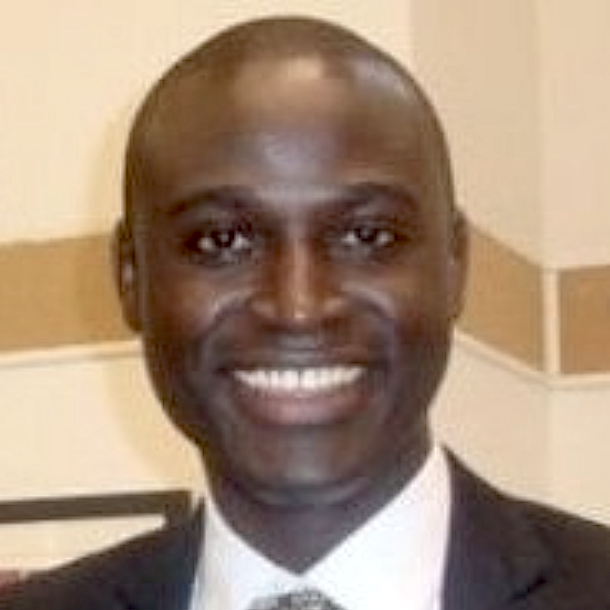
Omar Bah, MPH
Master’s in Counseling Psychology, Founder and Executive Director of the Refugee Dream Center (RDC)
He is a torture survivor, former journalist, and refugee from The Gambia. He is also the author of the book, Africa’s Hell on Earth: The Ordeal of an African Journalist (2014); and the recipient of “Rhode Islander of the Year 2015” award from Rhode Island Monthly Magazine. He is a founding member of the Refugee Congress in Washington, D.C.
He holds a Bachelor’s degree in communications studies with a minor in political science; Master’s degree in Public Administration; and a Master's in Counseling Psychology in Global Mental Health from William James College (WJC), where he is also obtaining a doctorate in Organizational & Leadership Psychology, in the Neuroscience area of emphasis in August 2020. He has completed trauma treatment certification at the Harvard Program in Refugee Trauma (HPRT). Additionally, he teaches psychology at WJC and the HPRT. He is a member of the Global Advisory Board of the Center for Human Rights and Humanitarian Studies at the Watson Institute for International & Public Affairs of Brown University, and he is currently a Robert Wood Johnson Foundation culture of health leadership fellow.
Omar mentors about 50 refugee youth in leadership and community building each year at RDC. His center serves more than 500 refugee individuals in case management and English learning and reaches hundreds more families in health promotion activities. He has developed training material for trauma informed care, & cultural intelligence in working with migrant and refugee cultural populations as well as survivor-leadership which he has delivered across the country.
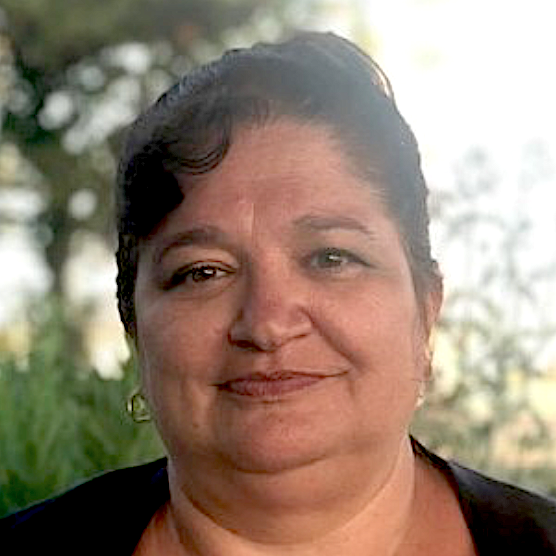
Elizabeth A. DiStefano, BS, MBA
holds a Bachelor of Science from Babson College and a Master of Business Administration from Bentley University
She has 30 years of expertise in budgeting, financial reporting, management and general operations in higher education and healthcare. The first half of Elizabeth’s career was with various departments at Harvard University. Her last position was as an Associate Director of Finance at the Harvard Business School. For the past sixteen years, she has been a key member of the Harvard Program in Refugee Trauma (HPRT) Team. She facilitates all budget and financial activity, in addition, she has been a part of the management team and is critical to the operations of the organization. Recently, she has added the operations and general management for the HPRT Masterclass and Global Mental Health Class.
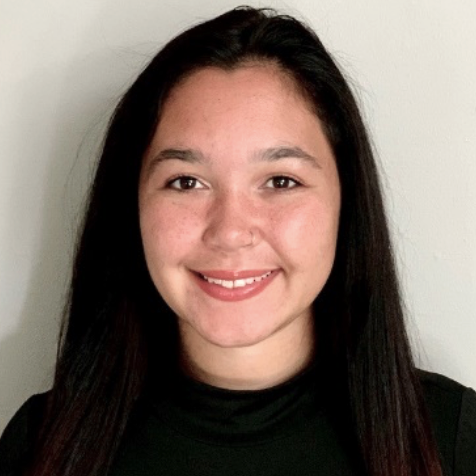
Emily Hermann
is an undergraduate student at Lesley University, where she majors in both Psychology and Early Education
Her expected graduation is in the fall of 2022. She is particularly interested in Urban Education and being an effective change leader to influence and make changes to curricula that better reflect the experiences of disenfranchised students. Currently, Emily is doing an internship with the Harvard Program in Refugee Trauma, where she is a research assistant.
